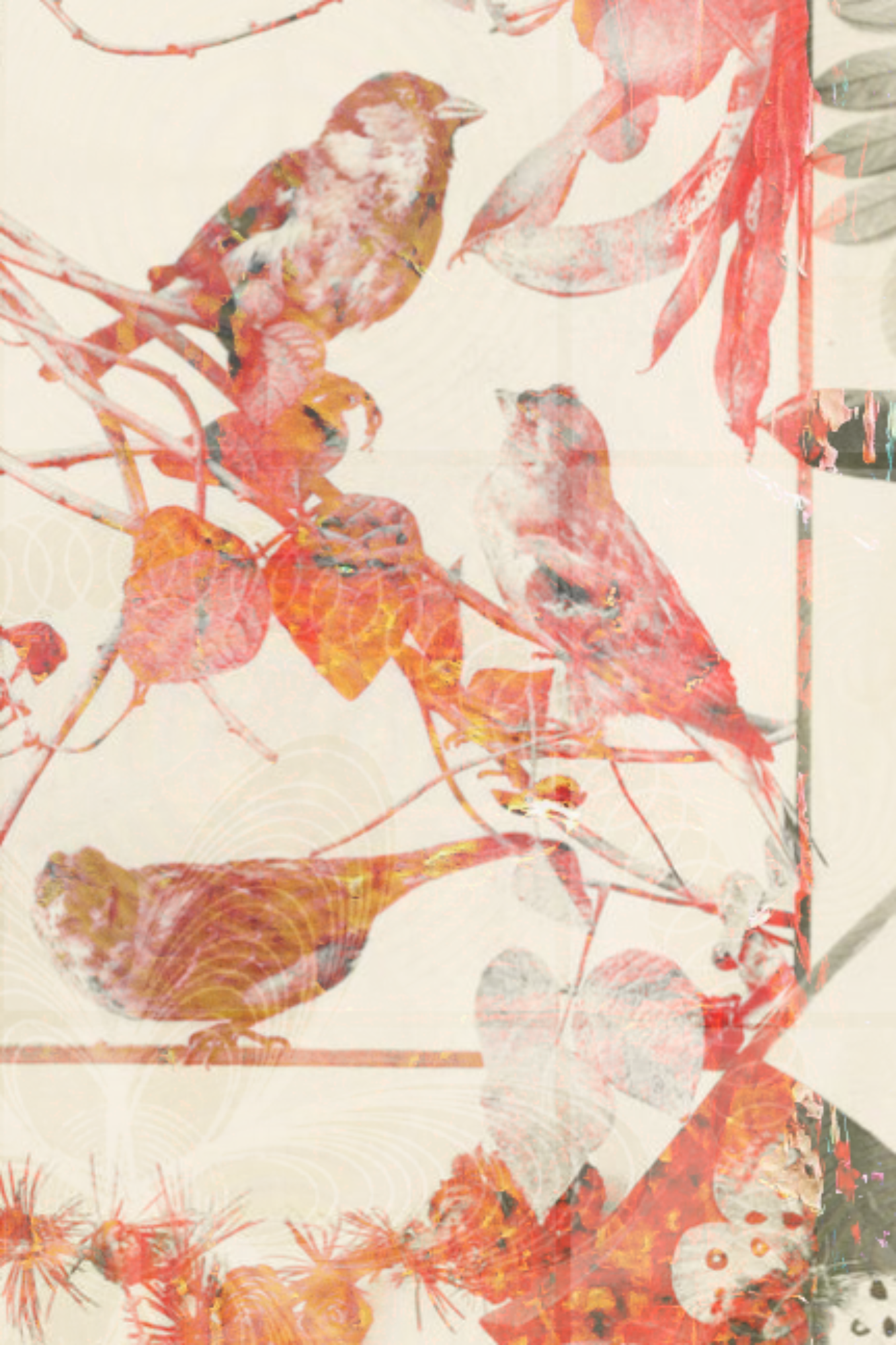What’s your creative process like?
May Sarton once said, “The work itself doesn’t take much time but it requires a lot of space around it.” Or words like these. When I hear of my friends, other writers, who spend hours a day at their desk, I sometimes feel I’m not serious enough about my work, until I remember those words. I can’t plan for a poem to come by sitting at my desk. It might arrive suddenly when I’m driving home from the grocery, or slowly as I’m having a second cup of coffee on my deck. Doing “nothing.” Often a line will come to me as I’m drifting off to sleep. My job is to pay attention, to capture those fleeting lines, quickly write them down, go to my desk and explore the words that come, spend the time digging deeper and deeper. In that space around the work itself, I try to remain open, receptive, constantly aware, and try to avoid the constant distractions. That is the hard part. That is the work.
Give us some background on the piece you contributed to this issue.
The poem, “The Magic Bus,” is obviously a clear memory from my childhood, but as I wrote and edited it I realized the memories that stay with us have to do with moments when a significant adult, a parent, a teacher, somehow allows us to see their own passion, their own vulnerability. I hope I’ve captured that in this poem.
Dorothy Brooks’ work has previously appeared in many literary magazines, most recently in Valley Voices, California Quarterly, Broad River Review, Tampa Review, and Atlanta Review. Her second full-length poetry collection, This Pause, Like Mist Rising, was published in May, 2023, by Main Street Rag. Her fourth chapbook, Subsoil Plowing, was published in 2020 by Finishing Line Press. Her poem “Hearing Loss” was nominated for a Pushcart Prize in 2018.

